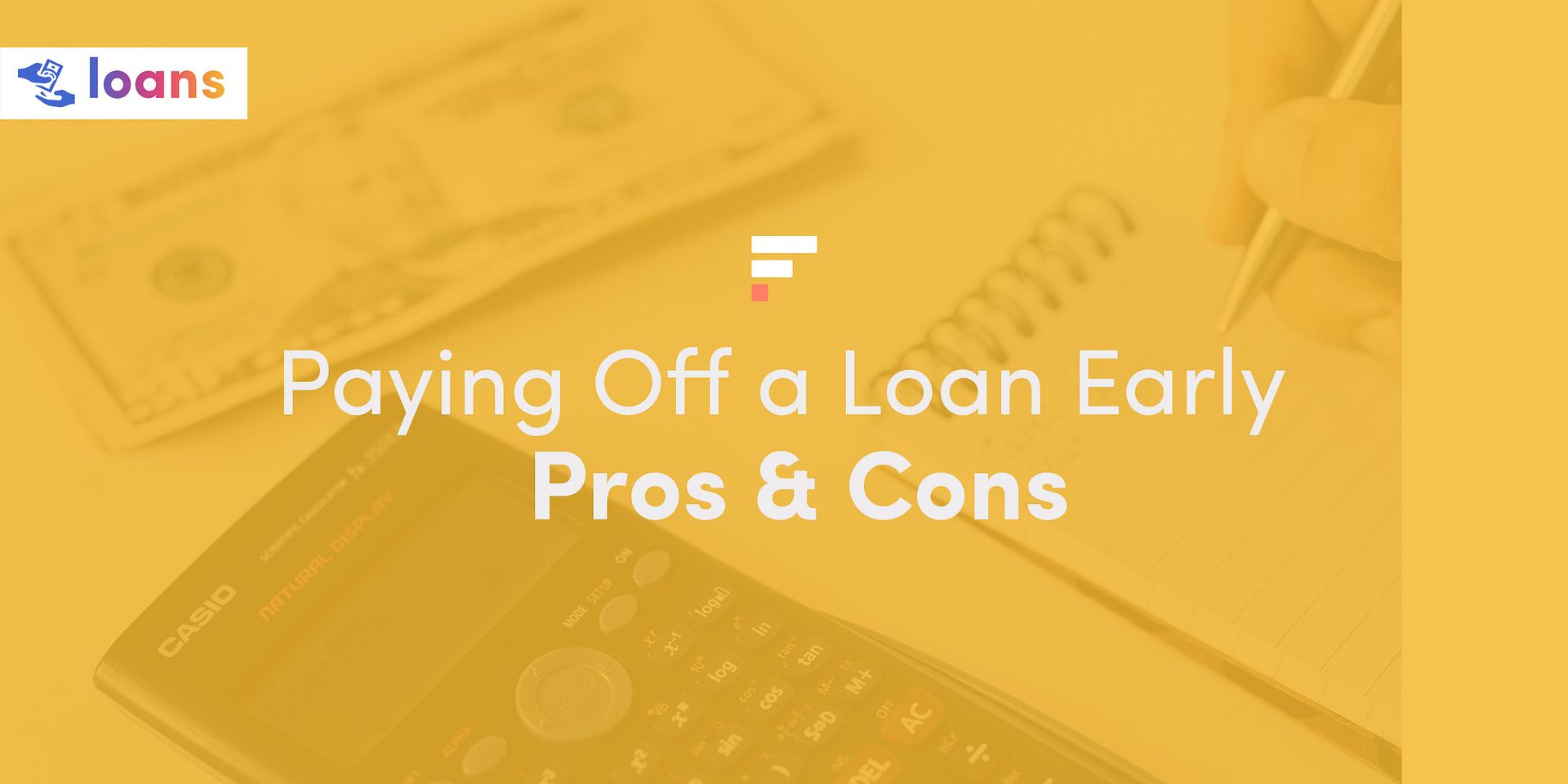
How We Make Money
The businesses whose offers you see on this website pay us. Unless our mortgage, home equity, and other home lending products are specifically prohibited by law, this compensation may have an impact on how and where products appear on this website, including, for example, the order in which they may appear within the listing categories. However, this payment has no bearing on the content we post or the user reviews you see here. We don’t include the range of businesses or loan options that you might have.

Our goal at Bankrate is to assist you in making more informed financial decisions. Although we follow stringent guidelines, this post might mention goods from our partners. Heres an explanation for . Bankrate logo.
Bankrate was established in 1976 and has a long history of assisting consumers in making wise financial decisions. We’ve upheld this reputation for more than 40 years by assisting people in making sense of the financial decision-making process and providing them with confidence regarding their next course of action.
You can rely on Bankrate to prioritize your interests because we adhere to a rigorous editorial policy. All of the content we publish is objective, accurate, and reliable because it is written by highly qualified professionals and edited by subject matter experts.
So that you can feel secure when investing your money, our loans reporters and editors concentrate on the topics that matter most to consumers: the various loan options, the greatest rates, the best lenders, how to pay off debt, and more. Bankrate logo.
You can rely on Bankrate to prioritize your interests because we adhere to a rigorous editorial policy. Our team of distinguished editors and reporters produces truthful and precise content to assist you in making wise financial decisions.
We value your trust. Our goal is to give readers reliable, unbiased information, and we have established editorial standards to make sure that happens. Our reporters and editors carefully verify the accuracy of the editorial content they produce, making sure you’re reading true information. We keep our editorial staff and advertisers apart with a firewall. No direct payment from our advertisers is given to our editorial staff.
The editorial staff at Bankrate writes for YOU, the reader. Providing you with the best guidance possible to enable you to make wise personal finance decisions is our aim. We adhere to stringent policies to guarantee that advertisers have no influence over our editorial content. Advertisers don’t pay our editorial staff directly, and we carefully fact-check all of our content to guarantee accuracy. Thus, you can be sure that the information you’re reading, whether it’s an article or a review, is reliable and reputable. Bankrate logo.
How we make money
You have money questions. Bankrate has answers. For more than 40 years, our professionals have assisted you in managing your finances. We always work to give customers the professional guidance and resources they need to be successful on their financial journey.
Because Bankrate adheres to strict editorial standards, you can rely on our content to be truthful and accurate. Our team of distinguished editors and reporters produces truthful and precise content to assist you in making wise financial decisions. Our editorial team produces factual, unbiased content that is unaffected by our sponsors.
By outlining our revenue streams, we are open and honest about how we are able to provide you with high-quality material, affordable prices, and practical tools.
Bankrate. com is an independent, advertising-supported publisher and comparison service. We receive payment when you click on specific links that we post on our website or when sponsored goods and services are displayed on it. Therefore, this compensation may affect the placement, order, and style of products within listing categories, with the exception of our mortgage, home equity, and other home lending products, where legal prohibitions apply. The way and location of products on this website can also be affected by other variables, like our own unique website policies and whether or not they are available in your area or within your own credit score range. Although we make an effort to present a variety of offers, Bankrate does not contain details about all financial or credit products or services.
Paying off your personal loan debt early can save you money on interest and improve your credit score if you have debt associated with it. Nevertheless, you should only settle a loan early if you can afford to do so and if there isn’t a penalty associated with doing so from your lender.
Having three to six months’ worth of expenses saved up is a good idea before worrying about early loan payback. Your credit won’t suffer as long as you are making your minimum payments each month. There are a few things you should do to make sure your early loan repayment goes as planned if you decide that’s the best course of action for you.
- Over the course of the loan, early loan repayment can save you hundreds, if not thousands, of dollars in interest.
- Some lenders reserve the right to assess a prepayment penalty of up to 2% of the outstanding loan balance if you choose to pay off your loan ahead of schedule. Furthermore, you will forfeit some of the credit benefits associated with timely monthly payments if you pay off your loan early.
- Among the options you can consider to pay off your loan early are refinancing and making additional payments.
Lightbulb Is it good to pay off personal loans early?
- The average personal loan has an interest rate of 10. The percentage of 82% that is E2%80%99s%2047% less than the average credit card interest rate, which is at 2020 60%.
- The average personal loan balance in the U.S. is $10,334.
- Prepayment penalties for personal loans are capped at 2% of the outstanding balance for the first two years of repayment under the Dodd-Frank Act. This penalty is capped at 1% of the outstanding balance for loans that have reached their third year or beyond.
- Should you choose to pay off your $10,334 36-month personal loan early, the lender may assess a prepayment penalty of up to $207.
- Early loan repayment could result in future financial savings of hundreds or even thousands of dollars. For example, the $10,000 personal loan could be paid off in 2018 months instead of 36, which would result in savings of $700, even if a 2% prepayment penalty is assessed.
Early repayment of a personal loan has advantages as well as disadvantages. On the one hand, early debt repayment reduces your debt-to-income ratio and saves you money on interest.
But some lenders have early payment penalties, so if you use your extra money to pay off your loan early, you won’t have it available for other bills. Furthermore, paying your debt in full early will prevent you from taking advantage of the opportunity to raise your credit score through timely monthly minimum payments.
Use the loan calculator on Bankrate.com to help you decide if the disadvantages outweigh the benefits. Here are five crucial actions you should take, though, if you determine that paying off your loan early is the best course of action:
You can divide your monthly loan payment into two biweekly payments as long as your lender does not impose prepayment penalties. This is the simplest method for paying off debt more quickly.
This payment schedule will allow you to make one extra payment annually, which will expedite the payoff process. By dividing your monthly payment into two installments and paying a little bit more on each, you can use this method to lower the total amount of interest you pay and shorten the loan’s overall life.
For example:
You could pay an additional $50 each month toward your principal balance and make payments of $225 each month if your minimum loan payment is $400. By doing this, you can maintain your advantage and pay off your loan sooner while still obtaining the benefits of regular payments on your credit report.
If you receive biweekly paychecks and would like to reduce your debt faster without running out of money, you might consider splitting up your loan payments into smaller biweekly installments. Before making this adjustment, though, make sure to speak with your lender as some may have more stringent repayment requirements or impose prepayment penalties.
Make extra payments when you can
You can still pay down your debt faster by making sporadic extra payments even if you don’t have enough extra money to do so each month.
Take into account utilizing additional money received for birthdays, holidays, bonuses, and other annual savings. To free up a little extra cash for your loan payment, it can even be as easy as cutting back on eating out once a month. With this approach, all you have to do is slightly adjust your routine to create space in your budget for additional loan payments.
Having said that, you should only take this action if you have sufficient savings. According to a Bankrate survey, only 43 percent of U. S. Adults’ savings would allow them to pay for a $1,000 emergency bill. If so, your best course of action might be to concentrate on meeting the monthly minimum. By doing this, you can maintain a healthy credit score as you work to increase your nest egg.
That being said, paying off your personal loan principal only might be a smart move if you do have enough money saved and would like to allocate any surplus funds toward it. By lowering your outstanding balance, a principal-only payment effectively results in a monthly interest savings. This kind of payment can be made by getting in touch with your lender and letting them know that you want the extra money to be applied to the principal balance.
Consider adding a secondary stream of income
Finding additional work could be a good way to save money so you can pay off your loan early if you have the time. Having a side business doesn’t always require working two jobs. There are numerous options for earning some additional cash. You could try working as a tutor, babysitter, pet sitter, food and grocery delivery person, starting an Etsy shop, driving for Uber, and many other jobs.
Having a side business has grown in popularity; according to 40% of millennials, it accounts for at least half of their income. But according to a Bankrate survey, 41% of those who work a side gig do so to pay for necessities. Just 17% of those who work side jobs save the additional money they make, and only 12% use it to pay off debt.
If you’re thinking about taking on a side gig to pay off your debts, make sure you set aside money for savings and regular bills before you worry about debt repayment.
Creating and adhering to a monthly budget is an excellent method of managing your money and identifying areas where you can make savings. However, sticking to a budget can be challenging, particularly given the high rate of inflation and the fact that many people are having financial difficulties. Only 32 percent of U. S. households prepare monthly budgets.
Making a monthly budget allows you to track your spending habits and determine where you could cut back and save. For example, a recent survey found that 42 percent of respondents were paying for subscription services they no longer used. If you are looking to allocate more funds toward repaying your loans, reorganizing your budget and looking for places to make cuts could be a great way to do that.
If you’ve never budgeted before, Bankrate offers resources to get you started. In addition, it might be worthwhile to consult a financial advisor if your circumstances are more complex or if you require more specific guidance.
Look into refinancing your personal loan
Refinancing is another method that you may be able to shorten the term of your loan. With a debt consolidation loan, you can refinance a single loan or combine multiple loans into one.
By refinancing, you can move your existing debt to a new loan with a different repayment schedule or a lower interest rate. You can pay off debt more quickly and with smaller monthly payments if you refinance your loan.
However, refinancing a loan is not right for every circumstance. Only refinance your loan if you need to extend your repayment term or if you can get a better interest rate on the new loan If your credit score has recently increased and you believe the higher score will entitle you to reduced interest rates, refinancing might be able to help you get that lower rate.
You can pay off your loan faster if you refinance and get a lower interest rate because your monthly payments will be smaller. Additionally, it allows you to select a shorter repayment schedule, which will shorten the total term of your loan.
However, before choosing to refinance, make sure you read your lender’s terms. This procedure is probably not worthwhile if your loan is almost paid off or if the interest rate on a refinanced loan would be higher. Pay attention to fees you would have to pay.
The following summarizes how term lengths impact your interest rate:
As previously demonstrated, your chances of obtaining a lower interest rate increase with the length of your repayment period. That’s something to consider when refinancing your loan.
- A personal loan can be paid off early, but you should only do so if you can afford to do so. Additionally, confirm that there are no prepayment penalties associated with early loan repayment from your lender.
- Early loan repayment can have a detrimental effect on your credit by reducing your credit utilization, payment history, and credit mix. That being said, this effect will only last temporarily if you have a good credit mix other than the loan that you wish to pay off early. Your credit will not suffer long term. It might be worthwhile to keep the loan if your credit history is not very good. The advantages of paying off the loan early exceed this risk if you have a good mix.
- By paying more than the minimum each month or refinancing your loan with a lower interest rate, you can lower the total cost of your loan.
- The length of time it takes to repay a loan is determined by your lender’s repayment terms as well as your individual financial situation. Lenders typically have set repayment periods available. Which one you qualify for is determined by your financial circumstances and the loan amount. If there are no prepayment penalties assessed by your lender, you can pay off your loan more quickly.




FAQ
Is it worth paying off a loan early?
Early loan repayment can save you money over time by lowering the total amount you must repay. Remember that you must take into consideration any early repayment penalties in order to determine whether this is the best option for you.
Is there a penalty for paying off a loan early?
But if you pay off the loan early, some lenders might charge you a prepayment penalty fee. The prepayment penalty can be computed as an amount that represents the interest the lender would lose if you repaid the entire amount before the loan term ended, or as a percentage of your loan balance.
How to pay off $3000 in 6 months?
Utilizing a balance transfer credit card with an APR of 200 percent is the best way to pay off a $3,000 debt quickly because it allows you to apply your entire monthly payment toward your current balance rather than getting charged interest. You can pay off your debt in a few months as long as you don’t take on any more.
Can I pay my possible loan off early?
Certain lenders might impose an early payment penalty amounting to up to 2% of the remaining loan balance if you choose to pay off your loan ahead of schedule. Furthermore, you will forfeit some of the credit benefits associated with timely monthly payments if you pay off your loan early.
Read More :
https://www.bankrate.com/loans/personal-loans/tips-to-pay-off-personal-loans-early/
https://www.horizonfcu.org/5-ways-to-pay-off-a-loan-early/
